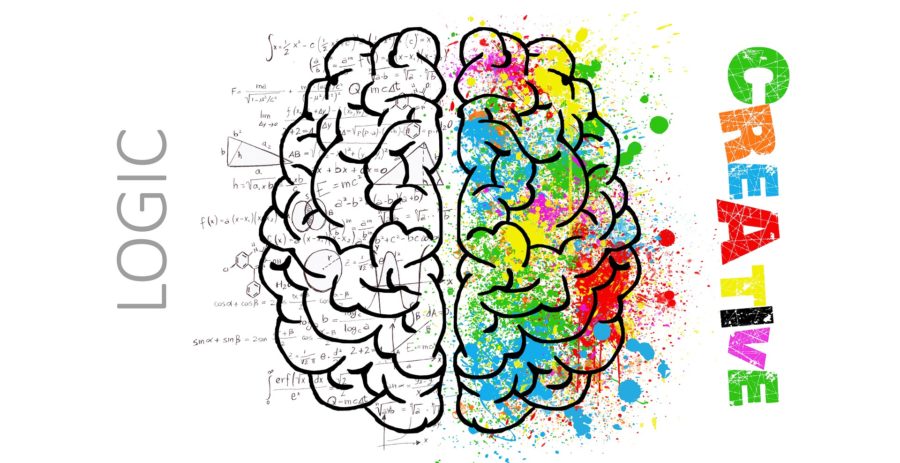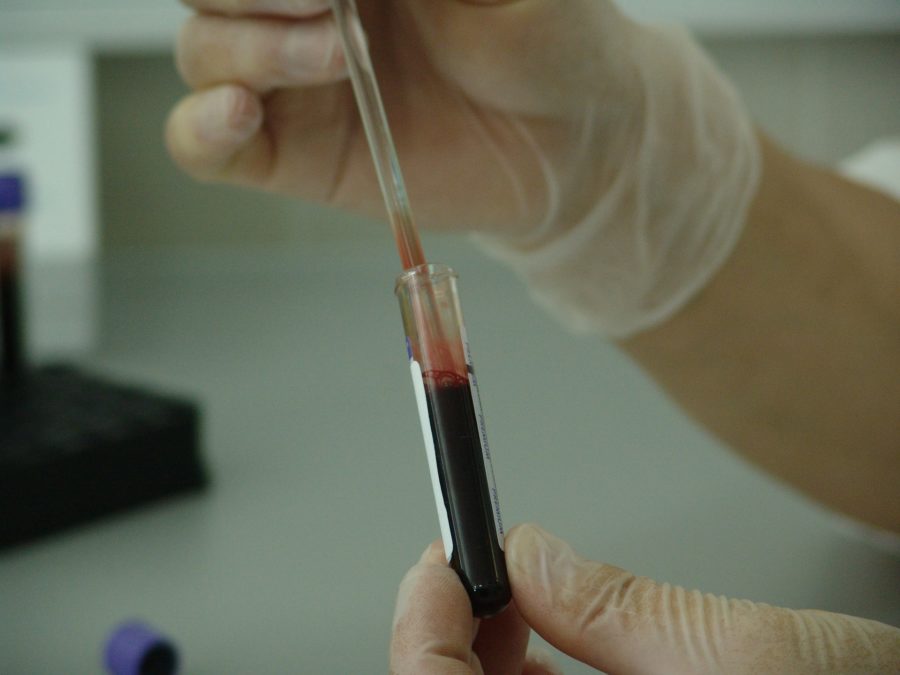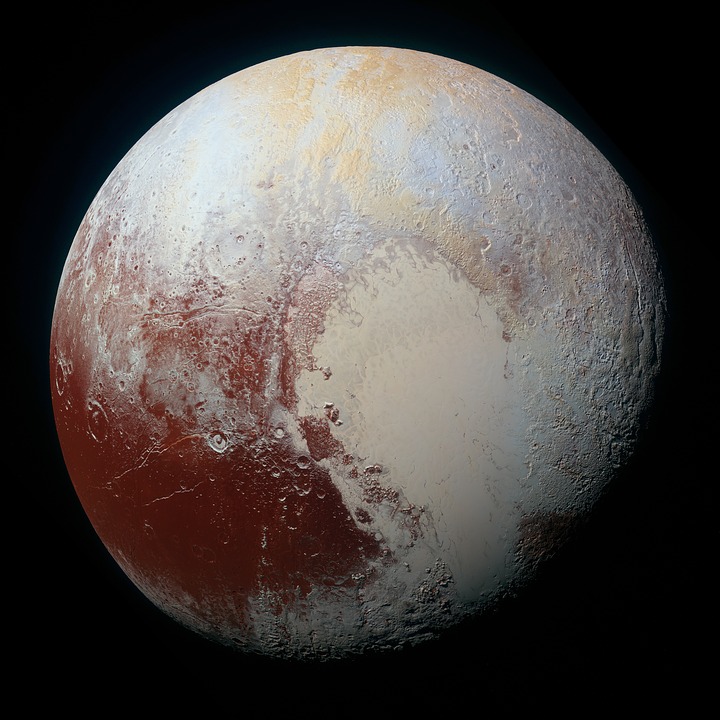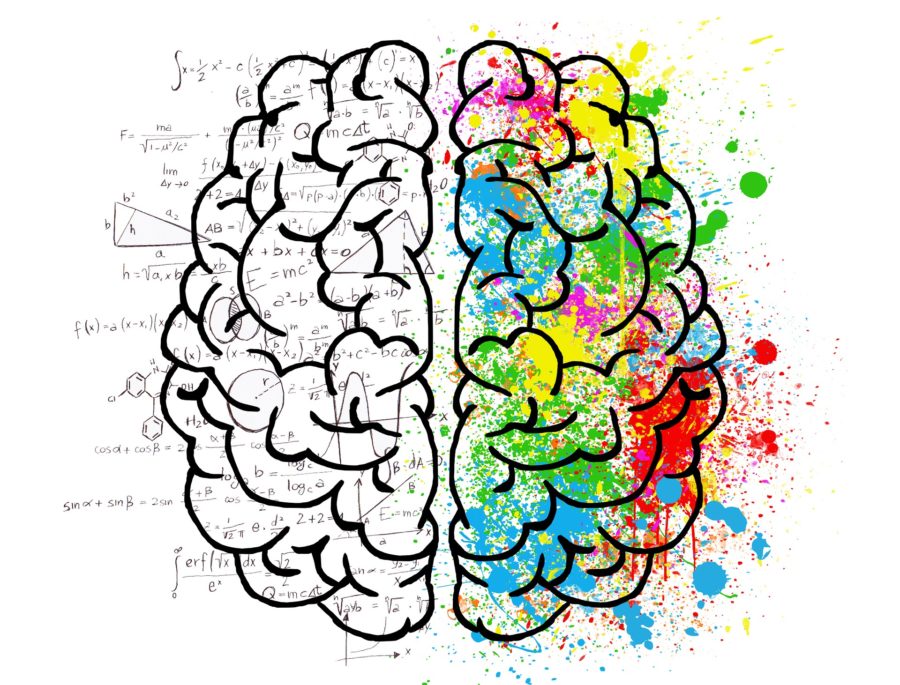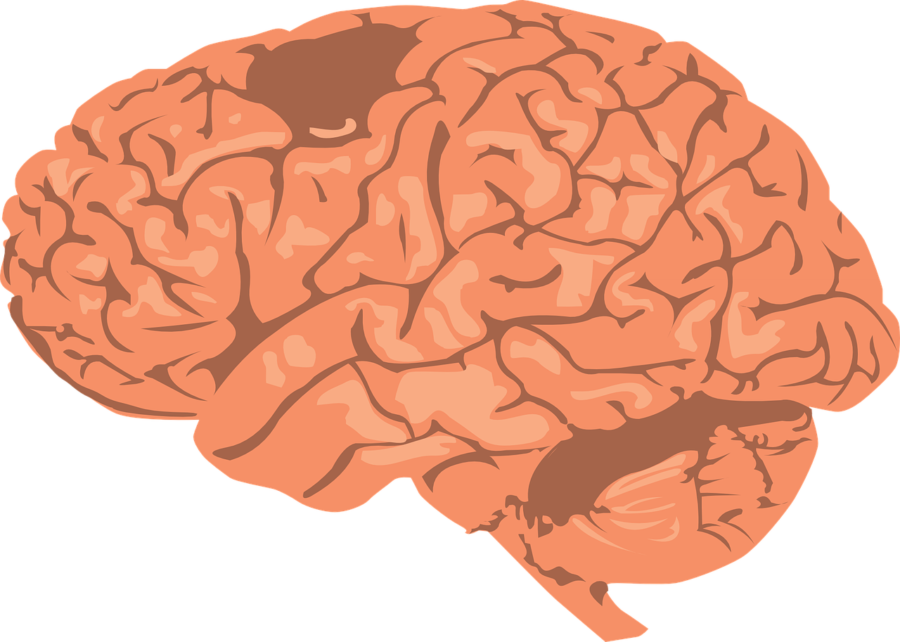
Preserving knowledge has been sought after since the dawn of man. From paintings on cave walls to the cloud, humans have sought ways to preserve their knowledge and wisdom for their posterity.
In the modern world of computers, the vast wealth of human knowledge is contained on servers and hard drives. While we would like to believe that this way of preservation is eternal, in truth, this form of data may not even reach 50 years before it is corrupted and unusable.
Scientists are developing ways to preserve a large amount of data for a long period of time.
Researchers from ETH Zurich’s Department of Chemistry and Applied Biosciences have been paying special attention to a storage medium found in nature: DNA.
Research led by Robert Grass has revealed that long-term error-free storage of information can be achieved for more than a million years through DNA.
First, the researchers encapsulate the information-bearing segments of DNA in glass spheres, approximately 150 nanometers in diameter. In the first test of chemical degradation, researchers encoded Switzerland’s Federal Charter of 1291 and “The Methods of Mechanical Theorems” by Archimedes in the DNA.
To help simulate the degradation of the information-bearing DNA, researchers stored it at the temperature of 140 to 158 degrees Fahrenheit for a month. The high temperatures replicate the kind of chemical degradation that takes place over hundreds of years, in the span of a few weeks. This allowed researchers to compare the storage of DNA in glass with other forms of storage methods.
Using a fluoride solution, researchers could easily separate and read the information from the glass.
Although DNA can store information for a long period of time, and the reading of stored data is affordable, reading the data is not error-free. Researchers at ETH Zurich’s Communication Technology Laboratory developed ways to correct these errors based on the Reed-Solomon Codes.
Information compiled from sciencedaily.com



